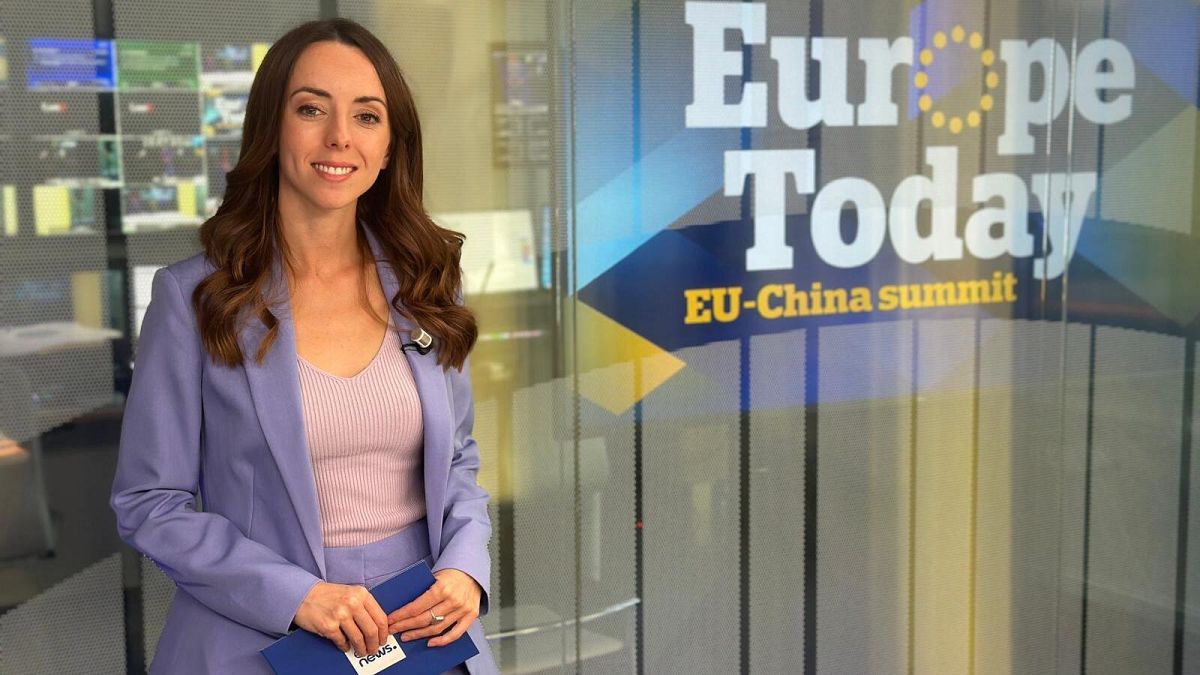

In the heart of Beijing, diplomatic engagements between China and the European Union signal a moment of cautious optimism, as leaders gather to discuss pivotal trade matters. Amidst a labyrinth of economic relationships, the Beijing summit provides a platform for EU Commission President Ursula von der Leyen and Council President Antonio Costa to meet with Chinese Premier Xi Jinping. An air of guarded anticipation permeates the discussions as the parties engage thoughtfully, aware of the intricate trade imbalances that define their current economic exchanges.
As the world’s economic power dynamics shift, the trade dialogues between China and the EU come with tempered expectations. The underlying trade disparities present a significant challenge, and both parties are taking measured steps to navigate these complexities. The essential aim remains—fostering a balance that facilitates mutual growth while addressing incongruities that could potentially hinder progress. In this session, recognizing both the challenges and opportunities that lie ahead forms the core of the summit’s agenda.
Parallel to the Beijing summit, Europe’s trade narrative extends to the United States, where discussions concerning tariffs bring their own set of challenges and strategies. The EU, prepared to wield the anti-coercion instrument, ponders the prospects of targeting digital and financial services should negotiations falter. This approach reflects the EU’s resolve to uphold its economic integrity while seeking equitable trading terms across the Atlantic. Contemplating these measures underscores the broader priority of maintaining balanced relations amid diverse global expectations.
Beyond the extant dialogues with China and the United States, Europe is forging ahead with strengthening its trade alliance with Japan. This confluence of economic powers reassures amid the backdrop of global trade tensions. The augmentation of EU-Japanese economic relations emerges as a beacon of stability, offering an avenue for strategic cooperation and shared prosperity. As both regions align their economic endeavors, this partnership epitomizes a harmonious accord amid broader global uncertainties.
Elsewhere, the UK’s trade interactions with India have drawn international focus. Celebrated by leaders such as Prime Minister Narendra Modi and Opposition Leader Keir Starmer, the UK-India trade deal introduces promising avenues for collaboration, yet also leaves several questions hanging. Among these is a sideline agreement concerning national insurance taxes for foreign workers—an element keenly scrutinized by observers and stakeholders alike.
Meanwhile, the European Union is enhancing its resolve against organized crime, exploring technologies and legislative measures to curb these activities. As digital advancements provide both opportunities and vulnerabilities, the EU’s commitment to protecting its economic and social fabrics remains steadfast. Through fortifying tech-oriented legal frameworks, the EU endeavors to preemptively address the challenges posed by tech-savvy criminal networks.
As nations navigate the intricacies of international trade, the interplay of diplomacy, regulation, and shared aspirations dictate the landscape. The ongoing dialogues emphasize the value of collaboration and mutual understanding in resolving trade imbalances and strengthening bilateral relations. Progress might be gradual, yet with persistence and strategic foresight, nations collectively piece together the complex puzzle of global economic harmony.
Source: {link}
